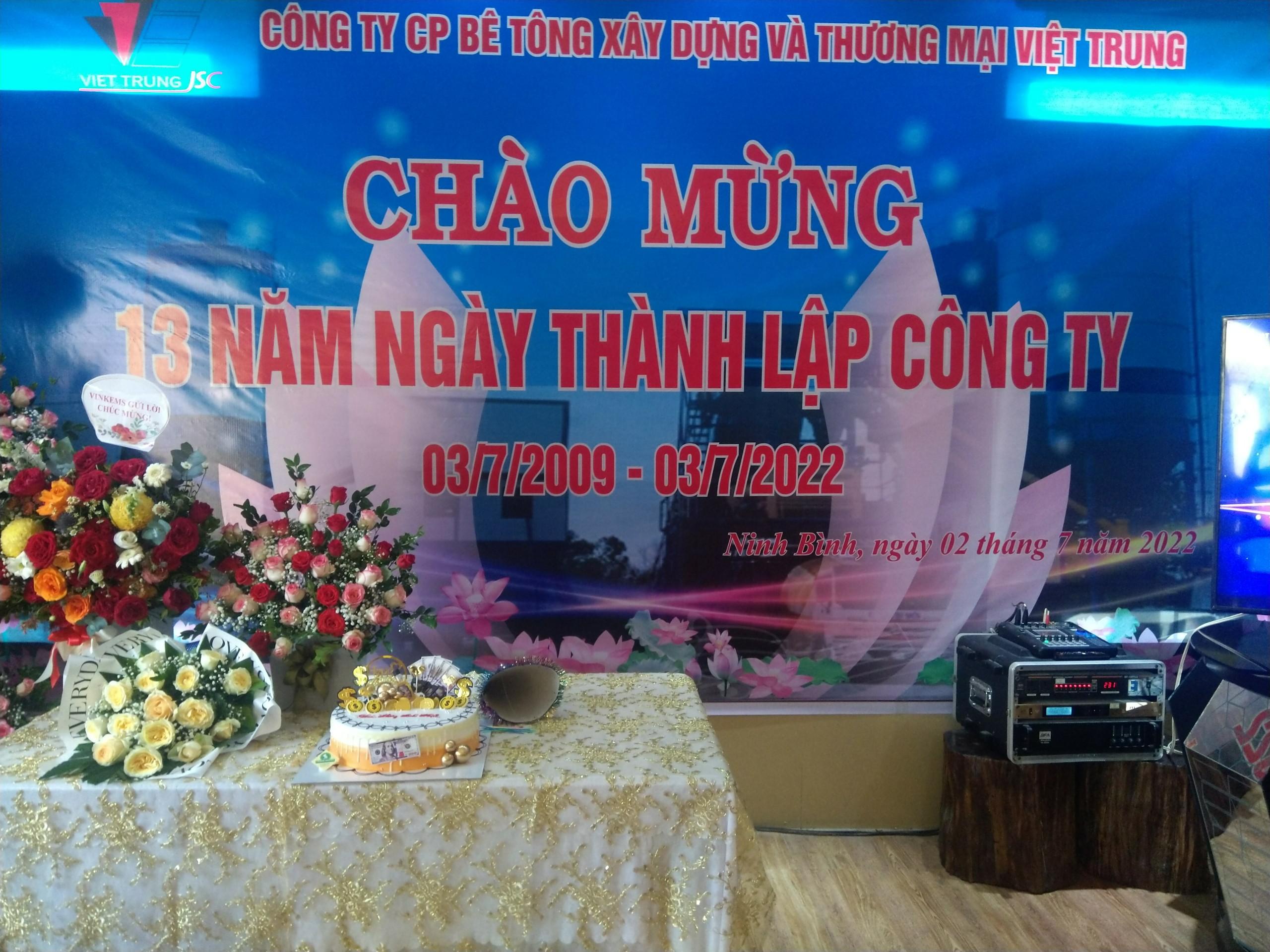Beyond Headlines Your Informed Guide to Navigating Ghana’s Current ghana news, Economic Shifts & Com
- Beyond Headlines: Your Informed Guide to Navigating Ghana’s Current ghana news, Economic Shifts & Community Stories.
- Political Landscape and Governance
- Electoral Reforms and Public Participation
- Economic Shifts and Development
- The Impact of Commodity Price Fluctuations
- Social Issues and Community Stories
- Healthcare Access and Infrastructure
- Technological Advancements and Innovation
- Regional Integration and International Relations
Beyond Headlines: Your Informed Guide to Navigating Ghana’s Current ghana news, Economic Shifts & Community Stories.
Ghana is a nation experiencing dynamic shifts across its political, economic, and social landscapes. Staying informed about current events in Ghana is crucial, not just for its citizens, but also for investors, researchers, and anyone interested in West African affairs. Understanding the complexities of ghana news requires more than just headline reading; it demands a deeper look into the factors shaping the country’s trajectory. This guide aims to provide that in-depth understanding, moving beyond simple reporting to explore the nuances of Ghanaian current affairs, economic developments, and compelling community stories.
Political Landscape and Governance
The political climate in Ghana is generally considered stable for the region, characterized by a multi-party democratic system. However, recent years have seen increasing scrutiny of governmental policies and growing public discourse on issues such as corruption, economic inequality, and the cost of living. The two major political forces, the New Patriotic Party (NPP) and the National Democratic Congress (NDC), consistently shape the national agenda, alternating power through democratic elections. A critical aspect of understanding Ghana’s political landscape is recognizing the influence of traditional leadership alongside formal government structures.
Recent electoral reforms have been the subject of debate, with some groups advocating for greater transparency and the inclusion of marginalized communities in the political process. The effectiveness of the Electoral Commission remains a key focal point of political discussion, with calls for greater independence and efficiency. Analyzing these dynamics is essential to grasping the current state of governance in Ghana.
Electoral Reforms and Public Participation
Ghana’s electoral system has undergone several changes to enhance its credibility and inclusivity. These reforms encompass voter registration processes, ballot security measures, and mechanisms for addressing electoral disputes. One notable evolution is the implementation of biometric voter registration, designed to minimize fraud and ensure only eligible citizens participate. However, challenges persist, including concerns about accessibility for rural populations and individuals with disabilities. Further reforms are centered around strengthening the independence of the Electoral Commission, ensuring it operates without undue influence from political parties or external actors. A crucial aspect involves fostering greater public participation in the electoral process, achieved through voter education campaigns and accessible information channels about candidates and policies.
The success of these reforms hinges on sustained collaboration between the Electoral Commission, civil society organizations, and political stakeholders. Transparency and accountability are paramount, requiring open access to electoral data and a robust mechanism for addressing grievances. Moreover, addressing systemic barriers that prevent marginalized groups – women, youth, and people with disabilities – from fully participating in the electoral process remains a key objective. Continuous assessment and adaptation of electoral reforms are essential to building a more credible, inclusive, and democratic Ghana.
Economic Shifts and Development
Ghana’s economy has historically been reliant on the export of commodities such as gold, cocoa, and oil. However, the government is actively pursuing diversification strategies to foster more sustainable and resilient economic growth. This includes investments in sectors like agriculture, tourism, and technology. Recent economic indicators suggest a mixed picture, with fluctuating commodity prices, rising inflation, and increasing public debt posing significant challenges. The International Monetary Fund (IMF) has been involved in providing financial assistance and policy guidance to Ghana, aiming to stabilize the economy and promote long-term development.
One of the key focuses is attracting foreign direct investment (FDI) to stimulate economic activity and create employment opportunities. Initiatives like tax incentives and streamlined regulations are designed to make Ghana a more attractive destination for investors. However, issues such as infrastructure deficits and bureaucratic hurdles remain obstacles that need to be addressed to unlock the full potential of the Ghanaian economy.
The Impact of Commodity Price Fluctuations
Ghana’s economic fate is inextricably linked to global commodity markets, particularly the prices of gold, cocoa, and oil. Fluctuations in these prices have a direct and often significant impact on the nation’s revenue streams, trade balance, and overall economic stability. When commodity prices rise, Ghana typically experiences increased export earnings, which can be channeled into infrastructure development, social programs, and debt reduction. Conversely, a decline in commodity prices can lead to reduced government revenue, increased budget deficits, and pressure on the local currency. Diversifying the economy beyond its dependence on commodities is therefore a critical strategic imperative. Strengthening value-added industries, such as cocoa processing and refining, can mitigate the adverse effects of price volatility.
Furthermore, effective risk management strategies, including hedging and commodity price stabilization funds, can cushion the economy against sudden price shocks. Investing in sustainable agriculture practices and promoting diversification within the agricultural sector can also reduce the reliance on a limited range of commodity crops. A comprehensive approach, combining diversification efforts, robust economic policies, and strategic risk management, is essential for minimizing the vulnerability of Ghana’s economy to commodity price fluctuations.
| Gold (per ounce) | 1,805 | 1,945 | +7.75 |
| Cocoa (per tonne) | 2,450 | 2,500 | +2.04 |
| Brent Crude Oil (per barrel) | 95 | 82 | -13.68 |
Social Issues and Community Stories
Ghana has made significant progress in social development, including improvements in education, healthcare, and poverty reduction. However, challenges remain, particularly in addressing inequality, access to quality education, and access to healthcare in rural areas. Social issues such as unemployment, particularly among youth, are also pressing concerns. The stories of ordinary Ghanaians, their struggles, and their resilience, offer valuable insights into the realities of life in the country. Community-based initiatives are playing an increasingly important role in addressing social challenges and promoting sustainable development.
Civil society organizations are actively involved in advocating for social justice and providing services to vulnerable populations. Empowering local communities and fostering their participation in decision-making processes are key to achieving inclusive and equitable development.
Healthcare Access and Infrastructure
Improving access to quality healthcare remains a priority in Ghana, though significant challenges persist, especially in rural areas. The country has made strides in bolstering its healthcare infrastructure, but disparities still exist in the availability of medical facilities, equipment, and trained personnel. The National Health Insurance Scheme (NHIS) plays a crucial role in providing financial protection against healthcare costs, yet its coverage isn’t universal, and challenges related to funding and access impede its effectiveness. Efforts are focused on expanding healthcare coverage, particularly to disadvantaged populations, by strengthening primary healthcare services and investing in community health workers.
Addressing the critical shortage of healthcare professionals, especially in remote areas, is essential. Incentivizing doctors and nurses to practice in underserved communities via financial incentives and professional development opportunities can help bridge the gap. Enhancing healthcare infrastructure by upgrading existing facilities and constructing new ones, alongside improving logistics for essential medical supplies, remains a priority. Leveraging mobile technology for telehealth services offers a means to bridge distances and provide remote medical assistance. A holistic strategy – encompassing infrastructure investment, workforce development, and innovative service delivery – is paramount for achieving universal healthcare coverage and improved health outcomes in Ghana.
Technological Advancements and Innovation
Ghana is embracing technological advancements to drive economic growth and improve the quality of life for its citizens. The proliferation of mobile phones and internet access has created new opportunities in areas like e-commerce, financial technology (fintech), and digital education. Investments in infrastructure like broadband networks are crucial to further expand access to digital services. Start-up ecosystems are emerging in cities like Accra and Kumasi, fostering innovation and entrepreneurship. However, challenges remain in terms of digital literacy, affordability of technology, and cybersecurity.
The government is promoting digital transformation through initiatives like the Ghana Card and efforts to digitize public services. These initiatives aim to improve efficiency, transparency, and accountability.
- Mobile Money Adoption: Ghana is a leading adopter of mobile money, facilitating financial transactions for millions of citizens.
- Fintech Startups: A thriving fintech scene is emerging, offering innovative solutions for banking, lending, and insurance.
- Digital Education Initiatives: Programs are underway to enhance digital literacy and equip students with the skills needed for the digital economy.
- E-commerce Growth: Online retail is gaining traction, providing new opportunities for businesses and consumers.
Regional Integration and International Relations
Ghana plays a prominent role in regional organizations such as the Economic Community of West African States (ECOWAS). It is a strong advocate for peace, security, and economic integration within the West African region. Ghana maintains strong diplomatic relations with countries around the world, attracting investment and promoting trade. The country actively participates in international forums, advocating for its interests and contributing to global solutions.
As a stable and democratic nation, Ghana serves as an anchor of stability in a region facing numerous challenges. Its commitment to good governance and the rule of law has earned it respect on the international stage.
- ECOWAS Leadership: Ghana has consistently played a leadership role in ECOWAS, contributing to regional peace and stability.
- Attracting Foreign Investment: Strong diplomatic relations have helped attract substantial foreign investment in key sectors.
- Promoting Trade: Ghana actively participates in trade agreements to boost exports and facilitate economic exchange.
- International Cooperation: Ghana collaborates with international partners on projects related to sustainable development and climate change.
Ghana’s journey is one of continuous evolution, marked by both progress and persistent challenges. By understanding the multifaceted dynamics of its political landscape, economic shifts, social issues, technological advancements, and international relations, we can gain a more comprehensive appreciation of this dynamic West African nation. Continued attention to inclusive governance, sustainable economic development, and social equity will be crucial for realizing Ghana’s full potential and securing a brighter future for its citizens.

